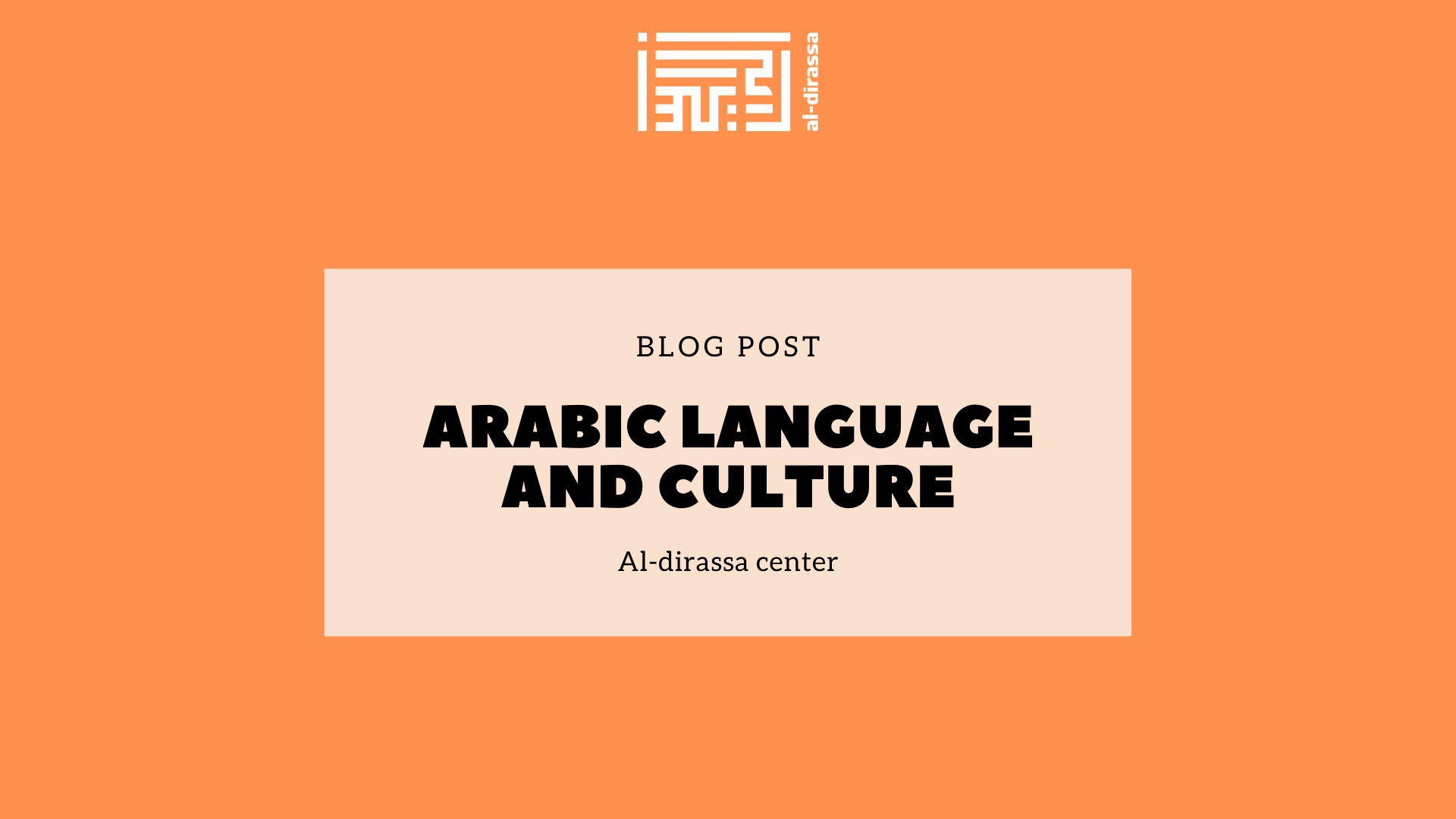
The Arabic language is not just a means of communication but a gateway to a profound and rich history, culture, and civilization. Its roots are intertwined with a myriad of contributions across numerous fields of knowledge, painting a vivid picture of its significance to global heritage.
Today, Arabic stands proud as a modern language of communication and culture, unfazed by the rapid advancements and globalization of the 21st century. From magazines and newspapers to computer programs and popular websites, Arabic has gracefully found its space. It breathes life into television channels, representing more than just words but the echoes of a resplendent past. Its relevance in today’s world underlines the timelessness of this language and its inherent capability to metamorphose according to modern-day demands.
With over a billion followers of Islam considering it their religious language and close to 300 million native speakers, the significance of Arabic is undeniable. Its elevation from being a simple poetic language of pre-Islamic Arabian tribes to its exalted status post the Qur’anic revelation is noteworthy. The Qur’an not only bestowed upon it the honor of being a sacred language but also ensured its immortality. The beauty and intricacy of Arabic captivate millions, regardless of geographic or ethnic boundaries.
History, as a witness to the evolution of languages and cultures, recounts how Arabic has been molded by multiple defining events. From the intellectual pursuits of Orientalism, the vast spread of the Arab Conquests, burgeoning scientific development, to the shadows of Western colonization and the passionate attempts at its reform, Arabic has seen it all. Each event has left an indelible mark, shaping the language and steering its journey.
Belonging to the Afro-Asian language family, Arabic shares its lineage with Hebrew, making them the two predominant living Semitic languages. Meanwhile, languages like Hausa and Berber stand as representatives of Hamite languages.
One must trace back to the 4th century AD to find the earliest known Arabic inscription, nestled in the vastness of the Syrian desert. This period saw pre-Islamic Arab tribes revel in a rich oral poetic tradition, drawing influences from neighboring cultures and religions. Unfortunately, much of this cherished heritage was not preserved until the 8th century AD. As time progressed, it eventually stood as a testament to the intertribal relationships and literary styles of yore.
One must trace back to the 4th century AD to find the earliest known Arabic inscription, nestled in the vastness of the Syrian desert. This period saw pre-Islamic Arab tribes revel in a rich oral poetic tradition, drawing influences from neighboring cultures and religions. Unfortunately, much of this cherished heritage was not preserved until the 8th century AD. As time progressed, it eventually stood as a testament to the intertribal relationships and literary styles of yore.
Spanning over five centuries, Arabic’s cultural and religious prominence facilitated its interaction with a medley of languages. From African dialects to Asian tones, Farsi nuances, Turkish influences, and the rhythmic Hausa, Arabic extended its reach far and wide. The imprints of these interactions are evident, with numerous languages today housing Arabic words, resonating with cultural narratives.
The era of Arab conquests bore witness to a significant cultural and linguistic exchange. Both Spanish and Portuguese communities experienced heightened interactions with Muslims. Europe, on the other hand, embarked on a journey of discovery with Arabs primarily through translations.
Arab prowess in the realms of science and maritime commerce during these times was unparalleled. The influence was so profound that even English, a language with minimal direct Arabic contact, integrated an estimated 2,000 words either directly from Arabic or mediated through other languages.
Stepping into the new millennium, Arabic finds its footing as a unifying bond amongst Arabs, transcending their ethnic, economic, and political diversities. Its richness offers a bridge to the world, fostering understanding, and promoting mutual respect.
In conclusion, the journey of the Arabic language, from ancient inscriptions to being the heartbeat of numerous modern platforms, underscores its resilience and adaptability. Learning Arabic is not just about understanding words but immersing oneself in a vibrant tapestry of history, culture, and evolution. As globalization continues its march, the importance of Arabic in bridging cultural gaps and promoting mutual understanding becomes even more evident.
The Al-Dirassa Institute provides a range of online courses in Arabic, Quran, and Islam tailored for non-Arabic speakers. To enroll in our courses or learn more, please don’t hesitate to get in touch with us today.
Discover the experiences of our delighted clients who have thoroughly enjoyed utilizing this standout feature.
Alhamdulillah I‘m very pleased with the arabic and Qur’an lessons I receive from teacher Umm Tasneem and I‘m also content with the al-dirassa administration team who were very quick in answering any questions I had. In a month I progressed a lot and I cannot wait to continue my studies with al-dirassa. May Allah reward everyone at al-dirassa.
Verified review - view original
My Qur’an teacher is fantastic, she teaches me in a loving and kind way where I look forward to the lessons and learn so much. My Arabic teacher is equally as nice and has a lot of patience with me, she has great expertise in the field and I’ve progressed really quickly with her. Thank you Al-dirassa!
Verified review - view original
Don’t want to go through the translation anymore?
30 free minutes with your qualified Egyptian teacher.
Al-dirassa center (Markaz ad-dirassa in Arabic) is an institute specialized in the online tuition of the literal Arabic language, the memorization, and the recitation of the Holy Quran as well as the Islamic sciences by distance courses via Skype and Zoom.

Al-dirassa Institute offers you a gift to help you begin your journey to being fluent in Arabic and learning the Quran.

Al-dirassa Institute offers you a gift to help you begin your journey to being fluent in Arabic and learning the Quran.